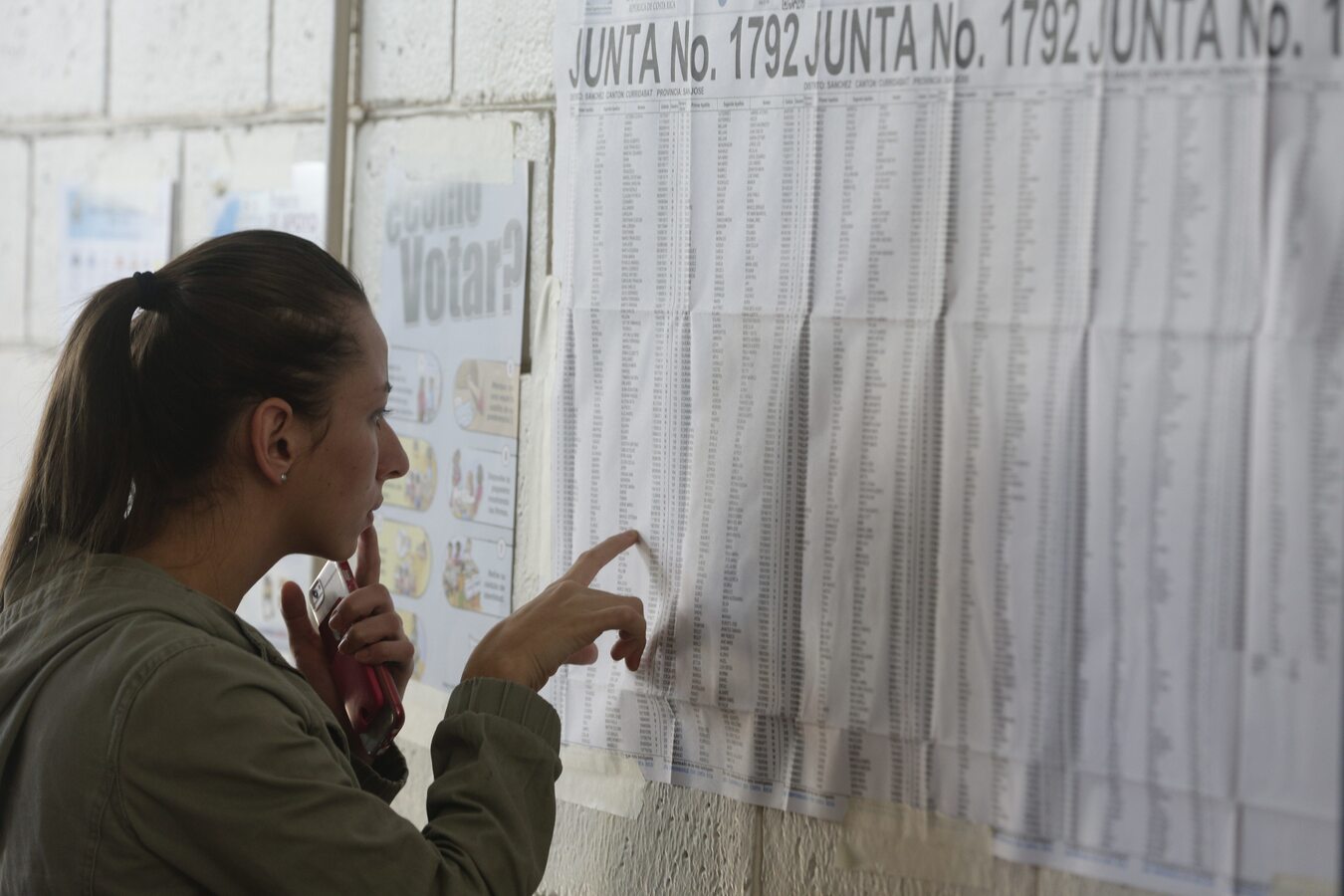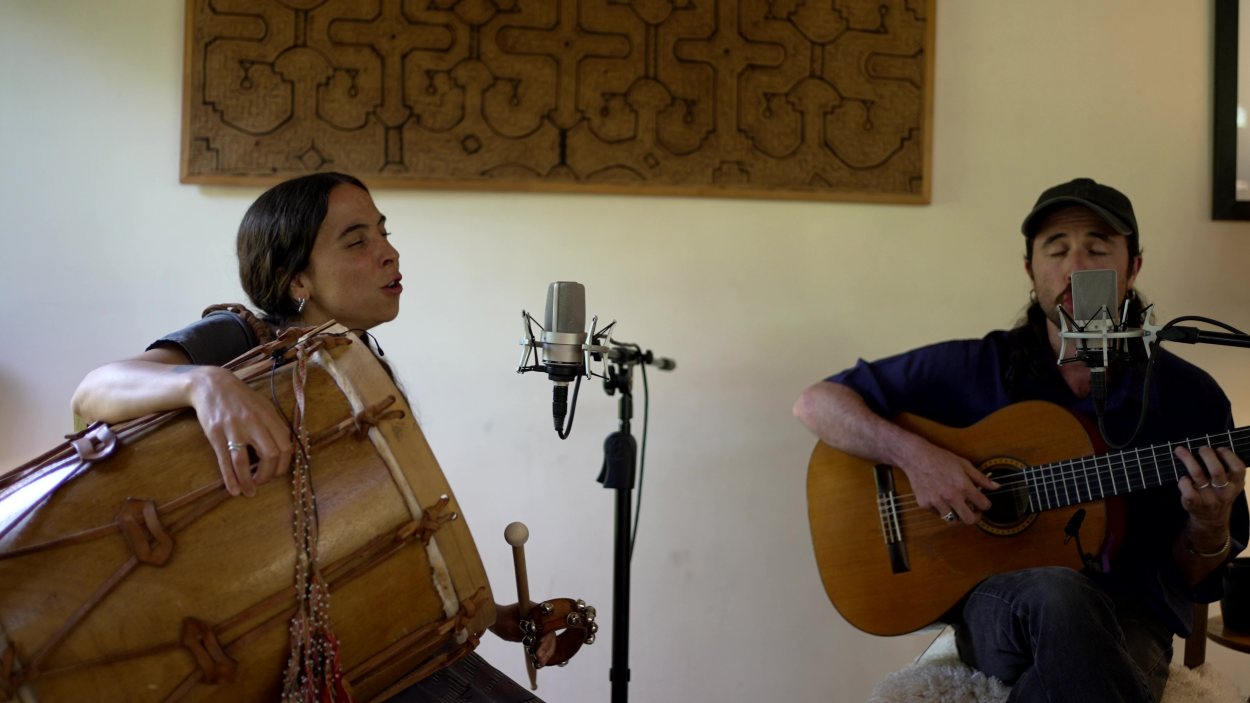How to Involve More Women in Politics: Michelle Bachelet, Epsy Campbell Barr, María Eugenia Vidal
How to Involve More Women in Politics: Michelle Bachelet, Epsy Campbell Barr, María Eugenia Vidal
The Latin American political pioneers shared their professional and personal perspectives on how to advance gender equity in the region.
Speakers:
- Michelle Bachelet, UN High Commissioner for Human Rights
- Epsy Campbell Barr, Vice President of Costa Rica
- María Eugenia Vidal, Former Governor of Buenos Aires Province
- Brian Winter, Vice President of Policy, Americas Society/Council of the Americas; Editor-in-Chief, Americas Quarterly (moderator)
“Of the 12 best performing countries during the first cycle of COVID-19, seven were led by women,” highlighted Michelle Bachelet in an an AS/COA event launching Americas Quarterly’s special report on closing the gender gap, where the Latin American political pioneers shared their professional and personal perspectives on how to promote gender parity in the region.
In Costa Rica, quotas were instrumental, Vice President Epsy Campbell Barr noted about her own country, where female representation in Congress grew from 11–15 percent to approximately 35 percent after establishing a quota law.
Formal education is another way to advance gender parity, stated María Eugenia Vidal, who, during her four years in office, witnessed a growth in adults studying from 175,000 to one million, of which 60 percent were women, and of those, 80 percent were poor. “What a woman gains with a formal education stays forever. It is capital that will always help her to grow,” she said.
Chile’s former president also celebrated the support of the Chilean people for a constitutional assembly with gender parity to lead the constitutional reform recently approved in the October 25 referendum.








